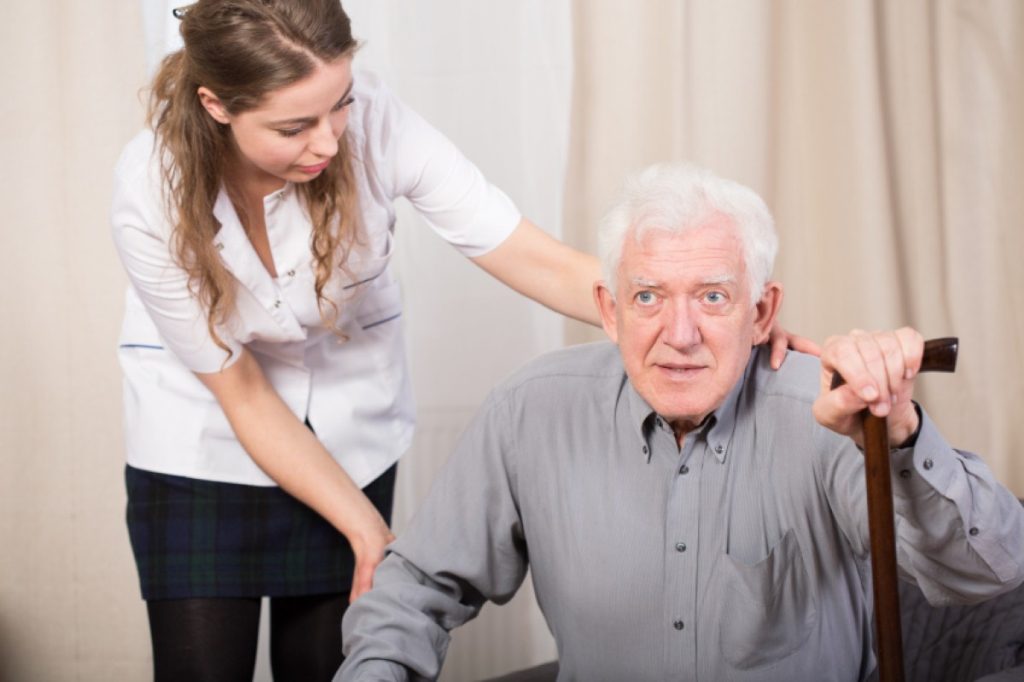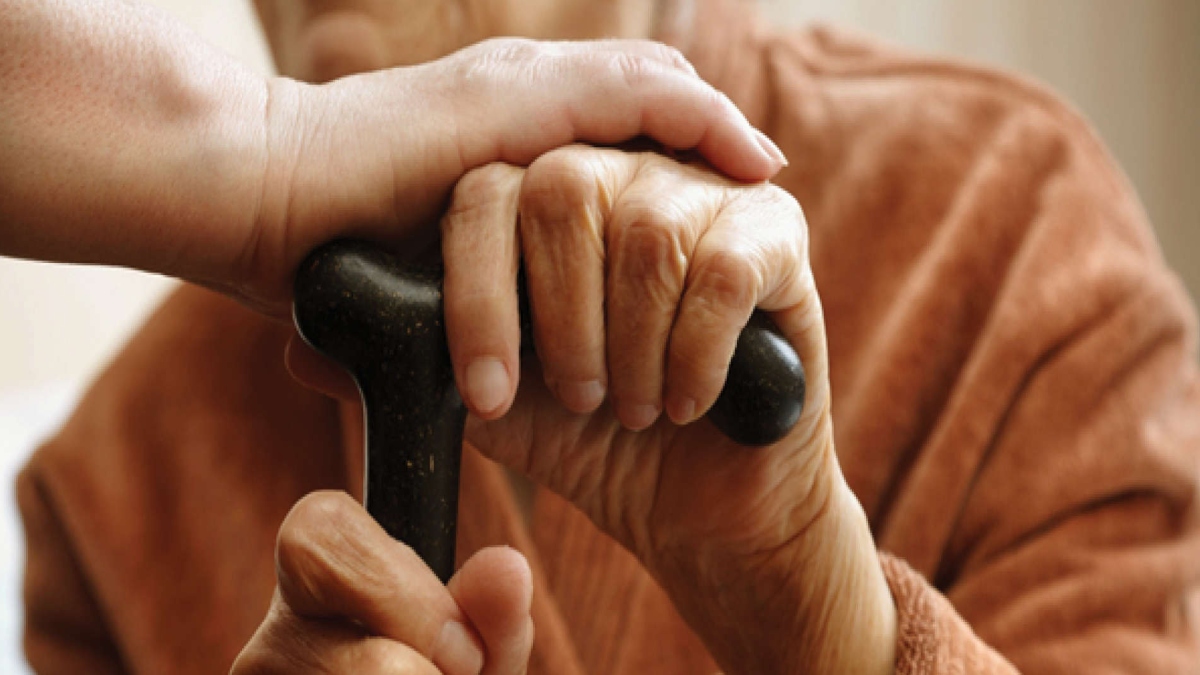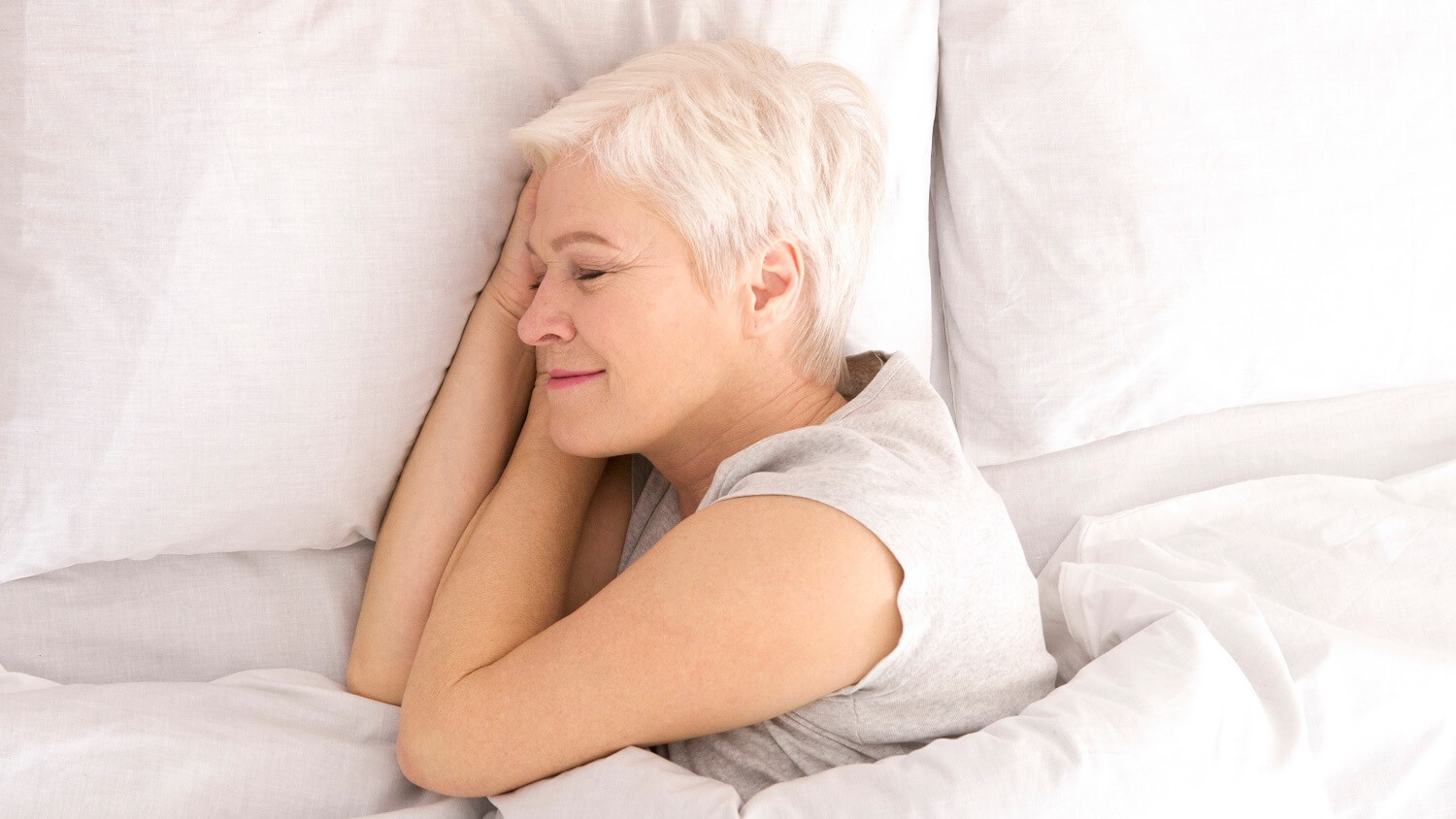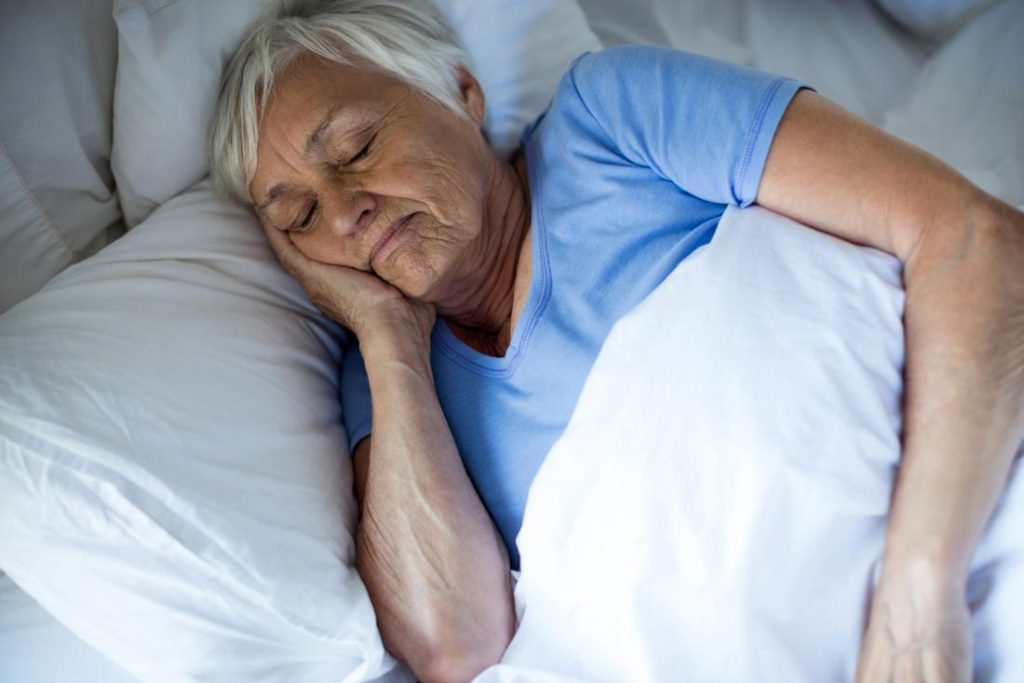As you get older, your sleep patterns may change. These changes may be a normal part of aging or they may be the result of other issues. It’s important to seek professional medical help to identify and treat sleep disorders. Fortunately, there are a few treatment options for insufficient sleep.
Insomnia in the elderly
Elderly individuals are at increased risk for insomnia. As we age, our sleep quality naturally declines, making it more difficult for older people to fall asleep and stay asleep. Furthermore, the length and quality of sleep are linked to overall health. Insomnia in the elderly may occur due to a number of different factors.
The first step by wilmacliving.com to treating insomnia in the elderly is to determine the underlying cause. This way, you can work with a medical professional to develop a treatment plan. Your doctor will ask you questions regarding how much difficulty you have falling asleep and maintaining sleep at night. You should also discuss your age and overall health status with your doctor. Some prescription medicines for insomnia can cause drowsiness during the day, which can increase the risk of accidents, falls, and hip fractures in older adults. Therefore, you should discuss with your physician which medicines are safe to take and which ones are not.
Related: Perception on Service Quality in Old Age Homes

Insomnia in the elderly is a common problem in our aging society. This condition is associated with poor health outcomes and can affect quality of life. In addition to impairing one’s quality of life, insomnia can also lead to mental disorders, including depression, anxiety, and agitation. As a result, this condition is an enormous burden on society.
Treatments for insomnia in the elderly can be very effective and may even be effective. Depending on the causes and severity of the insomnia, natural substances may help the elderly get more restful sleep. While these substances may be useful, they will not treat the underlying disorder. Alternative therapies for insomnia include stress reduction, imagery training, yoga, and deep breathing exercises. Keeping a sleep diary is an excellent way to understand the severity of the problem. This will help the medical team develop a treatment plan that meets the needs of the patient.
While the cause of insomnia is not completely understood, there are many different factors that contribute to insomnia in older adults. For example, older women are more likely to suffer from insomnia than older men. Furthermore, these factors may influence the causes of insomnia in older women, which could explain the higher prevalence of insomnia in females.


